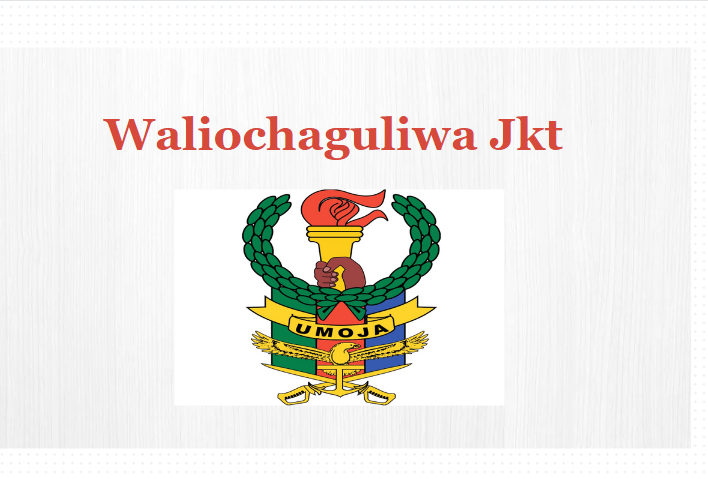YouTube blocks access to CBC story on Nijjar killing at India’s request, YouTube has blocked access to a CBC story on the alleged contract killing of Canadian Sikh separatist Hardeep Singh Nijjar, following a request by the Indian government. The 45-minute report, which was released last Friday, connects Nijjar’s death to a murder-for-hire plot by the Indian government. YouTube has blocked access to the report in India, citing legal reasons.
The CBC documentary, produced by The Fifth Estate, alleges that Nijjar was killed in June 2023 in British Columbia, Canada, as part of a plot by the Indian government to silence Sikh activists. The documentary features interviews with Nijjar’s family and friends, as well as with Canadian and Indian officials. It also includes footage of Nijjar’s funeral and of the alleged hitman, who was arrested in India.
The Indian government has denied any involvement in Nijjar’s killing and has criticized the documentary as “baseless and malicious.” The government has also accused the CBC of promoting “separatist and extremist elements” and of trying to “sensationalize” the issue. The CBC has defended its reporting and has called on YouTube to restore access to the documentary in India.
Context of the Nijjar Killing
The Incident of Nijjar Killing
Hardeep Singh Nijjar, a Canadian Sikh separatist, was shot and killed on June 18, 2023, outside the Guru Nanak Sikh Gurdwara in Surrey, British Columbia. He was a controversial figure who had been accused by the Indian government of being involved in terrorist activities.
The Canadian government had been monitoring Nijjar’s activities for some time and had considered him a threat to national security. In 2015, the Canadian Security Intelligence Service (CSIS) had identified him as a “significant risk” and had been keeping tabs on him ever since.
CBC’s Coverage and Story
The Canadian Broadcasting Corporation (CBC) aired an investigation into the death of Hardeep Singh Nijjar, titled “Contract to Kill.” The documentary alleged that Nijjar’s killing was a contract killing orchestrated by the Indian government.
The documentary claimed that Nijjar was targeted by Indian intelligence agencies because of his alleged involvement in the Khalistan movement, which seeks to create a separate state for Sikhs in India. The CBC report also alleged that Nijjar’s killing was part of a broader campaign by the Indian government to silence its critics.
Following the airing of the documentary, YouTube blocked access to the CBC story in India at the request of the Indian government. The move sparked controversy and raised questions about censorship and freedom of the press.
YouTube’s Response to India’s Request
Request from Indian Authorities
India’s government has requested the removal of a CBC news story about the killing of pro-Khalistan figure Hardeep Singh Nijjar in Surrey. The request was made under the IT Act, which gives the government broad powers to remove content that it deems to be “unlawful.” The Indian government has accused Nijjar of being a terrorist and has been seeking his extradition for several years.
YouTube’s Block Implementation
YouTube has complied with the Indian government’s request and has blocked access to the CBC story in India. The 45-minute report, which appeared on CBC’s The Fifth Estate, connects Nijjar’s death to a murder-for-hire plot by the Indian government. The video is still available outside of India.
YouTube’s decision to comply with the request has raised concerns about the freedom of the press and the power of governments to censor content on the internet. Critics argue that the Indian government’s request is an attempt to suppress information about its alleged involvement in Nijjar’s killing.
Implications for Content Freedom
The blocking of the CBC story has sparked a debate about the role of social media platforms in regulating content. Some argue that YouTube has a responsibility to protect the freedom of the press and to resist government censorship. Others argue that YouTube is a private company and has the right to remove content that it deems to be in violation of its policies.
The blocking of the CBC story is not the first time that YouTube has faced criticism for its handling of controversial content. The platform has been accused of allowing hate speech, misinformation, and extremist content to spread on its site. YouTube has taken steps to address these concerns, including the implementation of stricter content policies and the removal of millions of videos that violate its guidelines.
Overall, the blocking of the CBC story highlights the complex challenges that social media platforms face in balancing the competing demands of free speech and government censorship.
Also Read :
- New Zealand says position on pro-Khalistan figure Nijjar killing unchanged
- Karl Jordan Jr. Godson Convicted Of Killing Run-D.M.C.’s Jam
- Karl Jordan Jr. Wikipedia, Age, Wife, Family, Parents & BIO: Godson Convicted Of Killing Run-D.M.C.’s Jam
- Is The Postcard Killings Based on a True Story? Release date, Cast, Plot, Trailer and More
- Will There Be The Postcard Killings 2? Is There A Sequel To The Postcard Killings? The Postcard Killings 2 Release Date

